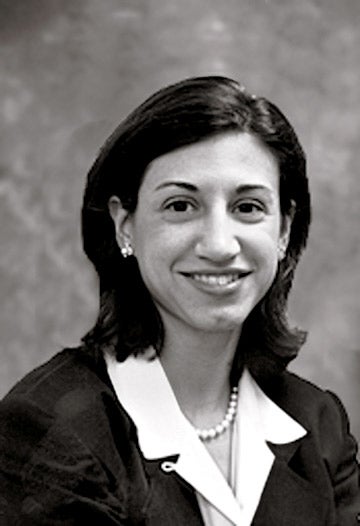Via MassLive
By: Shira Schonenberg

A few times a week, Katie Macomber, medical home care coordinator at Amherst Pediatrics, writes a “prescription” for patients and their families.
Macomber is not a doctor, and the prescription is not for medicine. Rather, it is a form from the Amherst Survival Center, designed to look like a prescription, that sends families to the center to pick up groceries, diapers or fresh produce from the food pantry, eat a free hot lunch or dinner, or get help applying for food stamps.
Amherst Pediatrics asks patients on a screening form if they have experienced food insecurity and has posters around the office telling patients to talk to a doctor if they struggled to afford food in the past year.
“Socioeconomics are such a huge part of overall health,” Macomber said. “You can’t focus on medical health if there are other issues impacting that family’s ability to care for their medical health.”
Macomber said “prescribing” food at a medical practice “really helps put it under the umbrella that this is all part of your medical health and well-being.”
The Amherst Survival Center’s Project HungeRX is part of a growing movement statewide to treat food as medicine.
On Tuesday, the Center for Health Law and Policy Innovation at Harvard Law School, and Community Servings, a nonprofit that cooks and delivers medically tailored meals to sick people at home, released the first Massachusetts Food is Medicine State Plan.
The plan examines the importance of programs that deliver medically tailored food, that provide vouchers for fresh produce and that offer healthy food to people who cannot easily access it.
One 2019 study by researchers from the University of North Carolina, Massachusetts General Hospital, Community Servings and elsewhere found that medically tailored meals were associated with fewer admissions to hospitals and nursing homes and a reduction in health care costs. A report by Children’s Healthwatch and the Greater Boston Foodbank estimated that food insecurity in Massachusetts leads to $1.9 billion in avoidable health care costs annually.
Sarah Downer of the Center for Health Law and Policy Innovation, one of the authors of the Food is Medicine plan, said the goal is to develop steps to change the state’s health system to better connect individuals with food and “set up pathways to build better overall community health.”
The report was released as the public is becoming more conscious of the need for healthy food, with farmers’ markets and buy local campaigns. MassHealth, the state’s Medicaid program, recently adopted a new structure in which some money will be available to address social factors that affect health.
In interviews, the researchers found that health care insurers and providers said they were interested in addressing food insecurity but many were unsure how to integrate that into medical care.
The report lays out multiple ways to integrate food and health care, such as by having doctors screen patients for food insecurity and by training health care providers about the importance of nutrition and about what resources are available to patients.
The report envisions connections between community-based nutrition organizations, like food pantries, and health care providers. It also envisions an increase in funding — through reimbursement from health insurers and other sources — for programs that offer medically tailored meals, mobile farmers markets, food vouchers and other nutrition services.
The report identifies 26 high-priority areas with a particular need for food services, including Agawam, Chicopee, Holyoke, North Adams, Pittsfield, Springfield and West Springfield.
Experts say the biggest barriers to people buying healthy food tend to be cost and transportation.
Read the full article here.
Filed in: In the News
Contact Office of Clinical and Pro Bono Programs
Website:
hls.harvard.edu/clinics
Email:
clinical@law.harvard.edu